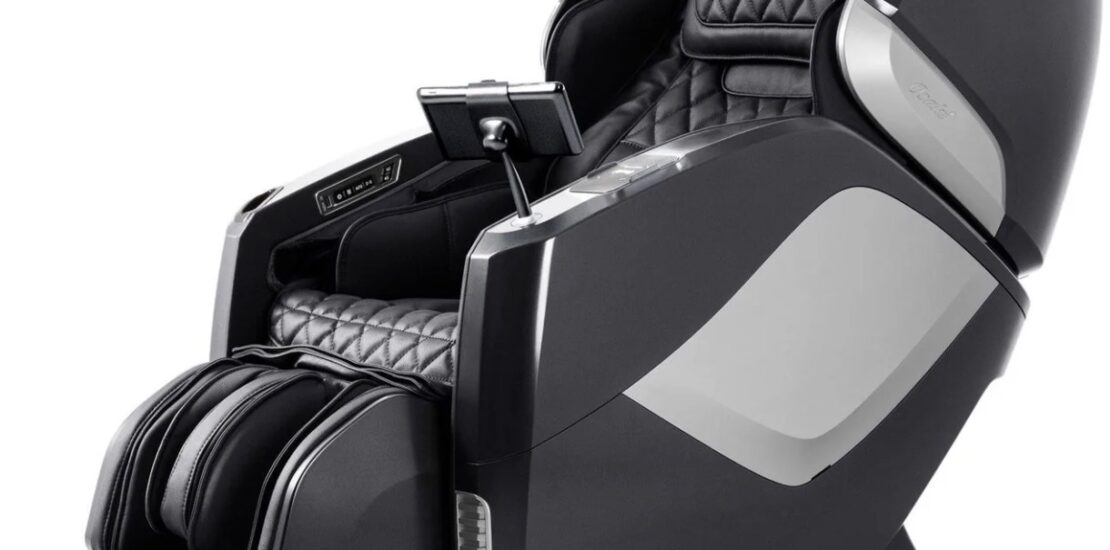- July 31, 2024
- Posted by: Dave Kurlan
- Category: Understanding the Sales Force

Our family of three walked into a store where we were invited to recline in an amazing smart chair. It had every bell and whistle you could imagine in a $10,000 massaging recliner.
Aggressive salespeople are no more effective than passive salespeople but if I had to choose one over the other I would take my chances with the aggressive salesperson and attempt to get them to tone it down. While the challenges with passive salespeople are obvious, there is one mistake I consistently observe being made by aggressive salespeople and wouldn’t you know it, the salesperson approached us and made the mistake. That made me want to sit in a messaging recliner to get the stress out.
He tried to close us and when we said we were traveling he said he could ship it. We hadn’t even begun a discussion and he was already in objection handling mode! We said we wouldn’t be ready for it until next summer and he said they could store it for us. I mentioned that our son, the primary admirer of the chair, wouldn’t even be living with us and he said that my wife and I could enjoy it. You can imagine how it went from there. Don’t get me wrong. I admire his tenacity and willingness to go all in but he hadn’t earned the right to do so. Yet.
The ironic thing is that these salespeople, who are trained to be aggressive, are always attempting to close prospects who aren’t closable!
Before they attempt to close, all they really have to do is ask:
“So is this nice to have or must have?”
If it’s must have, then close baby close. But if it’s nice to have, a follow-up question that must be asked is, “Can you justify spending $10,000 for it?”
That advice aside, I would still prefer that retail salespeople not rush to close. Instead, questions like, “What did you like most?” “Why is that important?” “How do you accomplish that feeling today?” “How important is it to have something that will give you that feeling?” “What else did you like?”
Rinse and repeat. These questions not only educate the salesperson on what’s important to the customer, and while it causes the retail customer to articulate why they would buy it, they are actually selling themself.
